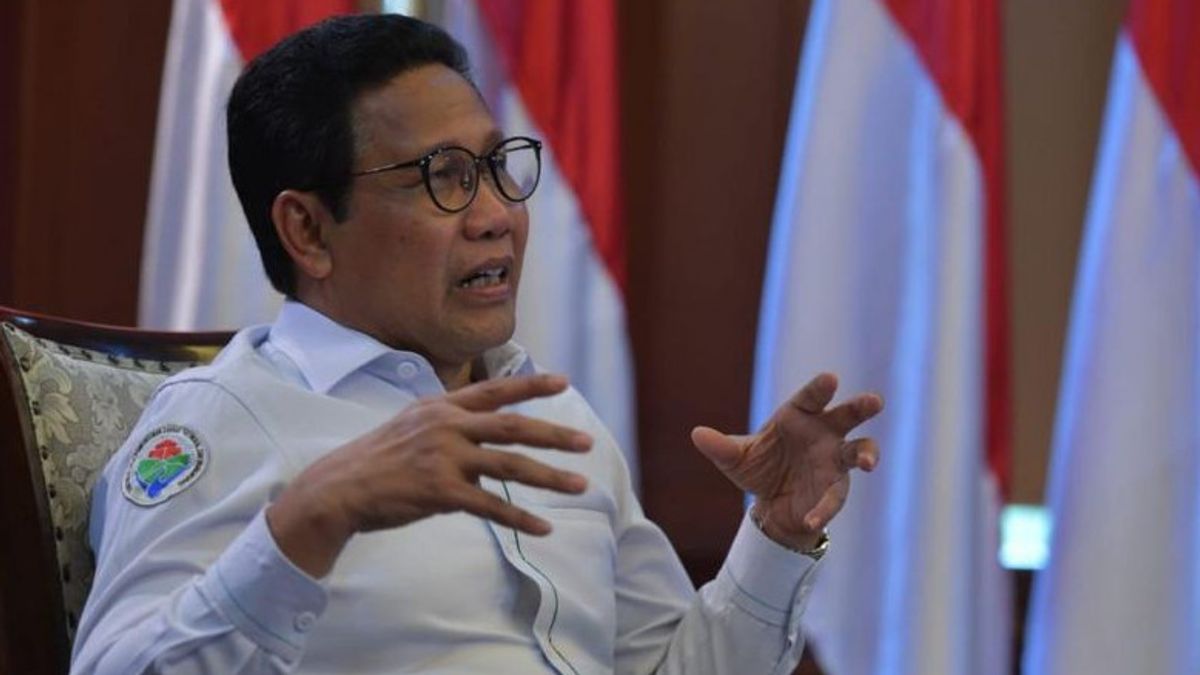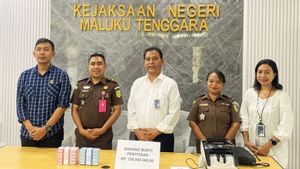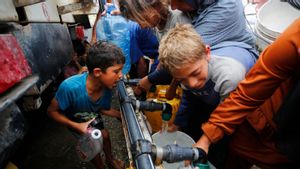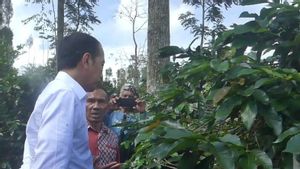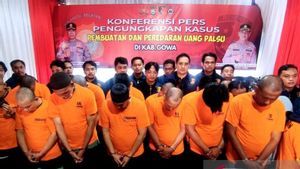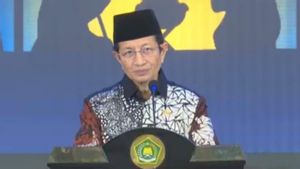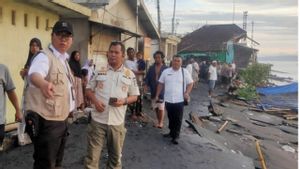JAKARTA - Minister of Villages, Development of Disadvantaged Regions and Transmigration (Mendes PDTT), Abdul Halim Iskandar assessed that the spirit of togetherness and mutual assistance of villagers was effective in dealing with the COVID-19 pandemic.
"It is proven that the villagers can handle the pandemic in a simple, effective and massive way," he said in a written statement quoted by Antara, Wednesday, December 8.
Currently, according to him, the majority of residents in 74,961 villages in Indonesia have adapted to new habits such as wearing masks and keeping their distance every time they gather or do activities together.
The COVID-19 pandemic, he said, also made villagers realize the importance of reinvigorating local wisdom, such as planting various medicinal plants in their environment.
When dealing with COVID-19 at the beginning of 2020, the Kemendes PDTT immediately instructed or provided a circular for the formation of village volunteers against COVID-19, which was chaired directly by the Village Head and his deputy was the Chair of the Village Consultative Body (BPD).
As of December 7, 2021, the Ministry of Villages PTT noted that at least 46,905 villages provided hand washing facilities in public spaces, and 45,081 villages provided masks for their residents. And as many as 46,031 villages have socialized healthy living with COVID-19.
In addition, the village government also conducted direct briefing on the COVID-19 pandemic, and provided an isolation room containing 86,839 beds, as well as providing health protocol banners to adapt to new habits.
"The number of Village Volunteers against COVID-19 in 2021 is 1,628,787 people. They are tasked with educating about health protocols," said Abdul Halim.
The English, Chinese, Japanese, Arabic, and French versions are automatically generated by the AI. So there may still be inaccuracies in translating, please always see Indonesian as our main language. (system supported by DigitalSiber.id)
